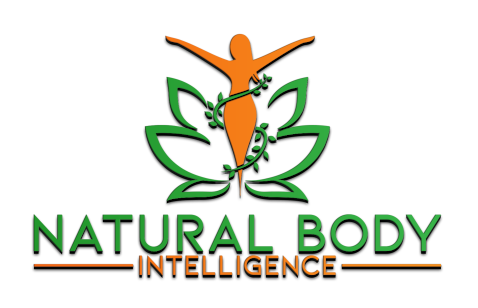Understanding ADHD
In modern medicine, Attention Deficit Hyperactivity Disorder (ADHD) is described as a neurological condition marked by inattention, impulsivity, and restlessness. Yet from a Natural Hygiene viewpoint, these symptoms reflect not a disorder of the brain, but a body and mind struggling under toxic overload and deficiency. What is commonly labelled as “ADHD” can often be traced back to dietary imbalance, overstimulation, sleep deprivation, emotional stress, and environmental toxicity—all of which disturb the natural harmony of the nervous system.
The Body’s Wisdom Misunderstood
The mind and body operate as one intelligent system. When a child or adult shows signs of hyperactivity or poor concentration, this is not evidence of a broken brain, but a sign of internal imbalance. Stimulants like sugar, caffeine, processed foods, artificial colourings, and even certain “ADHD medications” can heighten this imbalance. The body then expresses agitation, restlessness, or fatigue as it tries to correct itself.
Instead of viewing these behaviours as faults to be medicated, Natural Hygiene invites us to ask what the body is trying to say. Often it’s calling for rest, pure food, oxygen, sunlight, and peace.
Key Contributing Factors
- Toxic build-up from refined and processed foods that burden the liver and brain.
- Nutrient deficiency, especially in fruits and greens that supply glucose for brain function.
- Emotional stress that keeps the nervous system in a constant state of alert.
- Lack of movement and outdoor play, leading to stagnation in both lymph and mind.
- Artificial stimulation from screens, noise, and constant entertainment, which rewires attention patterns.
Restoring Natural Focus and Calm
The Natural Hygiene approach focuses on removing interference and allowing the body to restore balance naturally. This involves:
- Eating simple, living foods—mainly ripe fruit, fresh salads, and raw vegetables to nourish brain and body.
- Ensuring deep rest and early nights to allow nerve repair.
- Encouraging natural play and movement outdoors to discharge excess energy.
- Creating calm environments—reducing digital noise, bright lights, and stress.
- Practising emotional hygiene through breathing, honesty, and loving communication.
As the body clears and the nervous system quietens, focus, patience, and clarity return naturally—without the need for drugs or force.
In Summary
ADHD is not a disease to suppress but a message to decode. The brain reflects the body’s chemistry, and behaviour reflects the inner state of health. When we align with nature’s laws—rest, nutrition, sunlight, movement, and emotional balance—the so-called “symptoms” become signals of healing rather than signs of defect.

